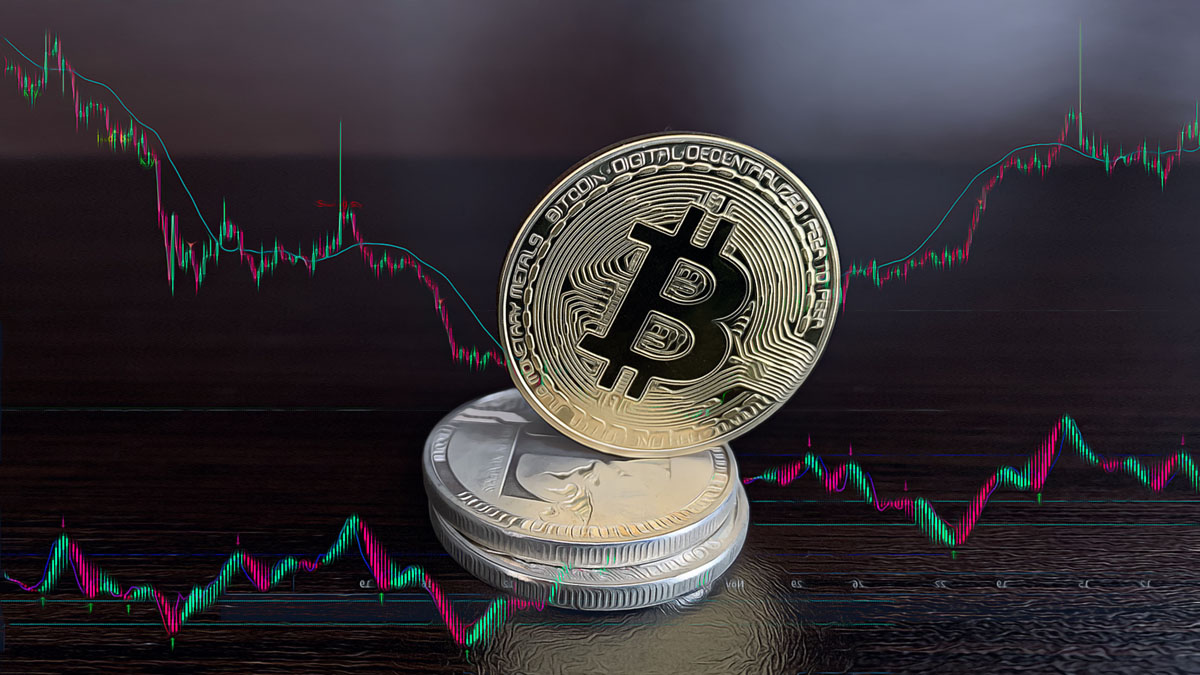 CaryptosHeadlines Media Has Launched Its Native Token CHT.
Airdrop Is Live For Everyone, Claim Instant 5000 CHT Tokens Worth Of $50 USDT.
Join the Airdrop at the official website,
CryptosHeadlinesToken.com
CaryptosHeadlines Media Has Launched Its Native Token CHT.
Airdrop Is Live For Everyone, Claim Instant 5000 CHT Tokens Worth Of $50 USDT.
Join the Airdrop at the official website,
CryptosHeadlinesToken.com

A notable forecast suggests Bitcoin could witness a substantial increase by 2025. Cryptocurrency specialist Michaël van de Poppe predicts a potential surge of around 60% for Bitcoin within this timeframe, hinting at a robust long-term upward trajectory, albeit with the likelihood of short-term fluctuations and corrections.
Will Bitcoin Reach Its Peak in 2025?
Van de Poppe anticipates that 2025 may not mark Bitcoin’s peak due to the need for enhanced investment levels. He articulated, “I don’t expect Bitcoin to reach its peak in 2025 because it requires significantly more capital to push it higher.” According to him, macroeconomic conditions will play a crucial role in shaping Bitcoin’s future performance.
What Factors Influence Bitcoin’s Future?
The expert asserts that Bitcoin’s upward potential will heavily rely on macroeconomic trends. He highlights that while the global money supply is on the rise, the US money supply is lagging behind. Additionally, a projected weakening labor market in 2025 may trigger a recession, further accelerating the increase in the US money supply, which he believes will support Bitcoin’s momentum.
Van de Poppe has cautioned that Bitcoin’s path will likely experience significant volatility. He predicts a possible 30% correction at the start of 2025, similar to past corrections. Currently priced around $93,790, Bitcoin’s future remains uncertain, warranting a careful approach from enthusiasts.
Key takeaways include:
- Projected 60% growth for Bitcoin by 2025.
- Need for increased investment to achieve peak prices.
- Macroeconomic factors crucial for future performance.
- Anticipation of a substantial correction early in 2025.
With such insights, the cryptocurrency market remains an area of both hope and caution as investors navigate the potential challenges ahead.
Disclaimer: The information contained in this article does not constitute investment advice. Investors should be aware that cryptocurrencies carry high volatility and therefore risk, and should conduct their own research.











